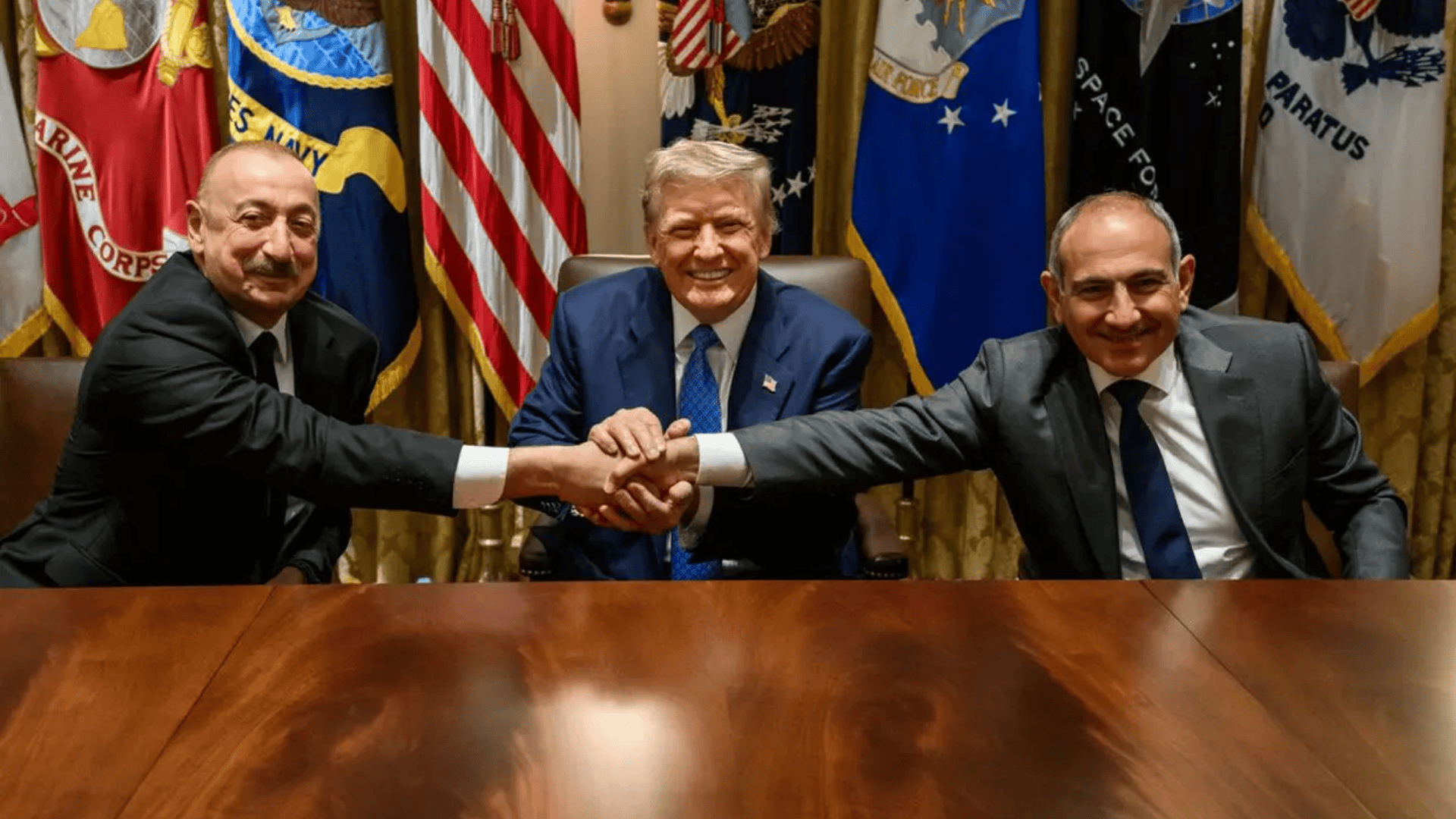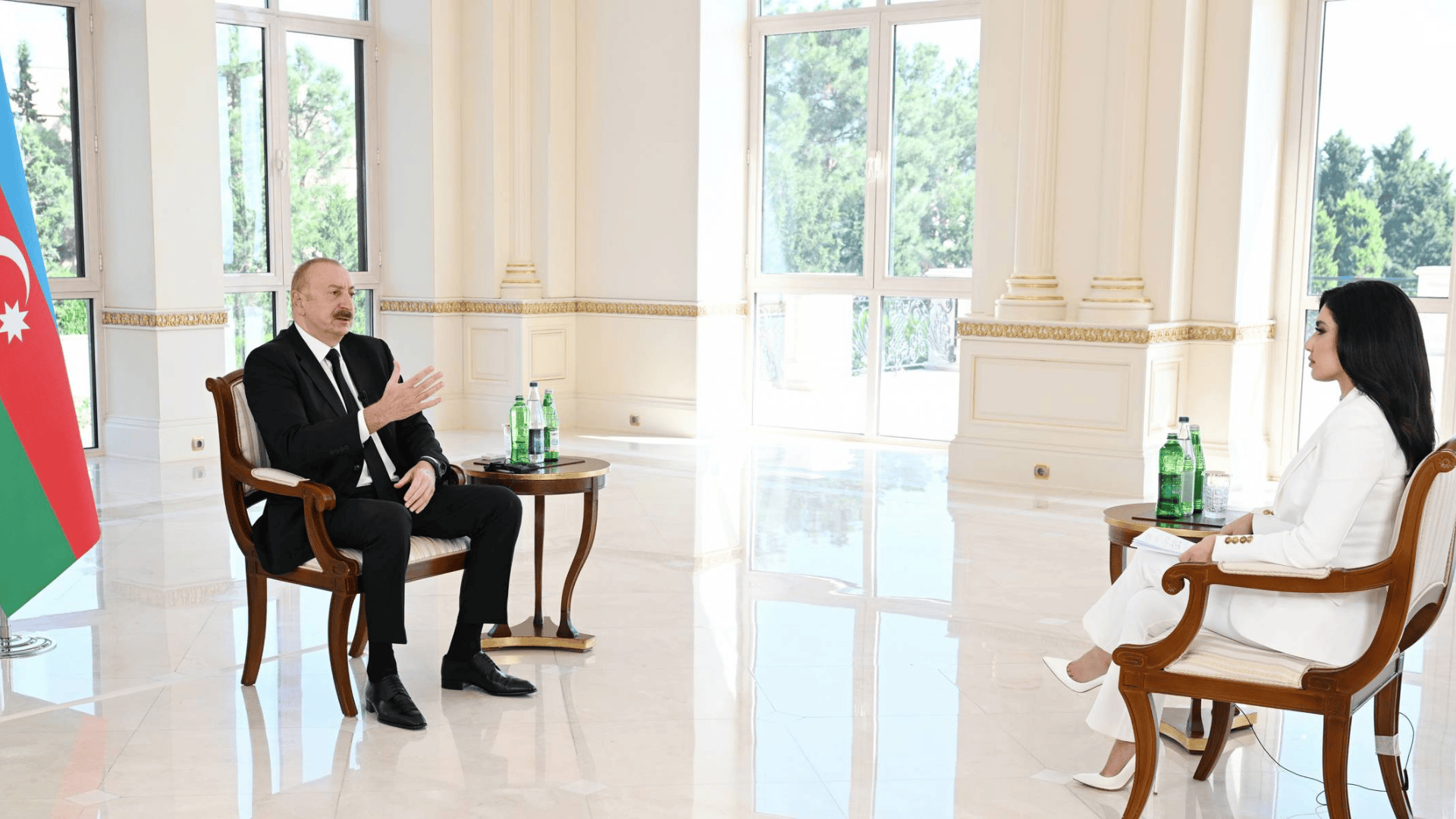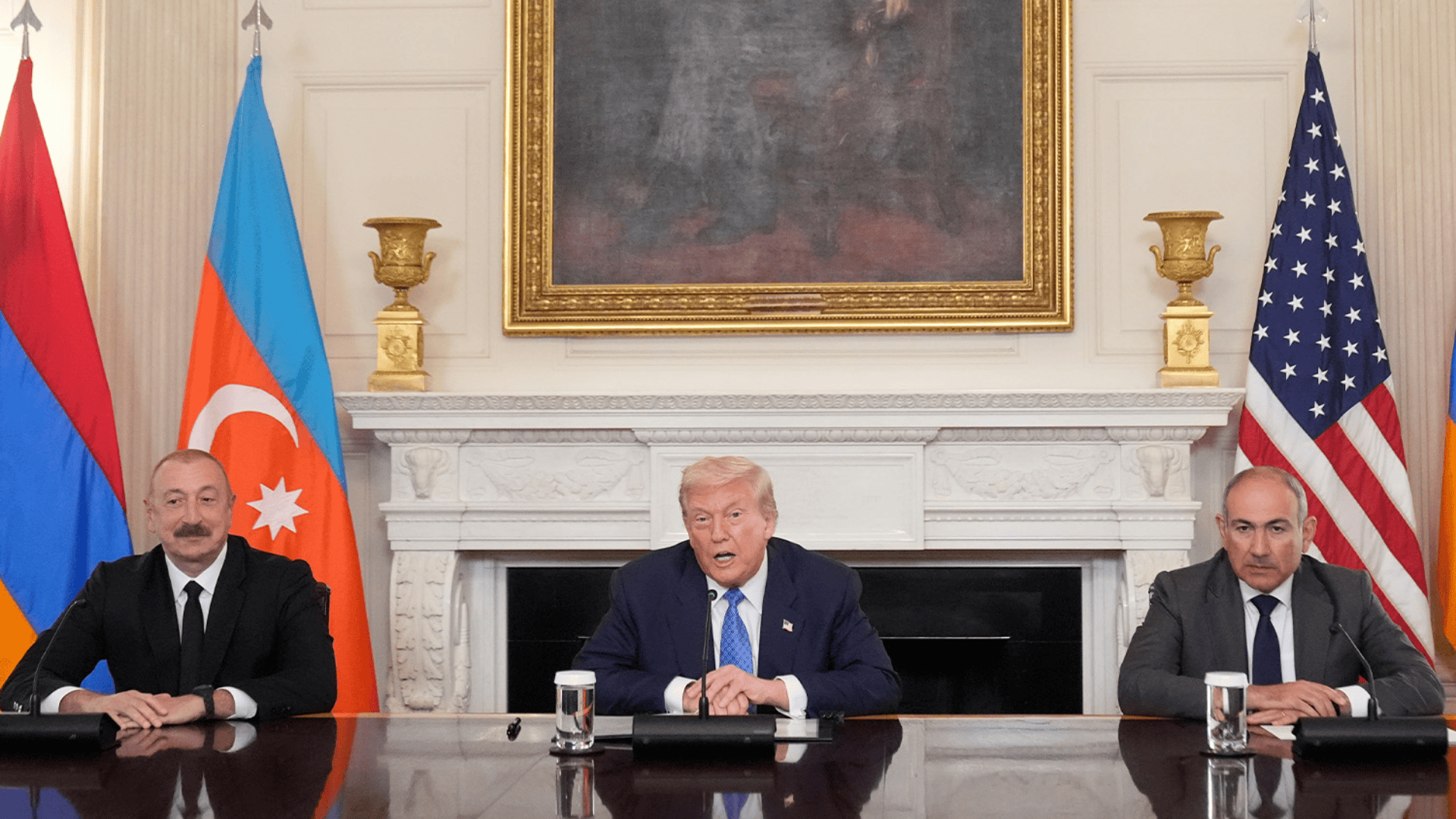'Kremlin may try to derail Washington agreement,' says political analyst in Baku
Lavrov on the peace agreement
Russian foreign minister Sergei Lavrov, commenting on the Azerbaijan–Armenia agreement signed in Washington, said the document was “initially met with enthusiasm” but later drew “more sceptical responses.”
Political analyst Elkhan Shahinoglu, head of the Atlas Research Center, believes this stance reflects the Kremlin’s attempt to undermine the Washington process.
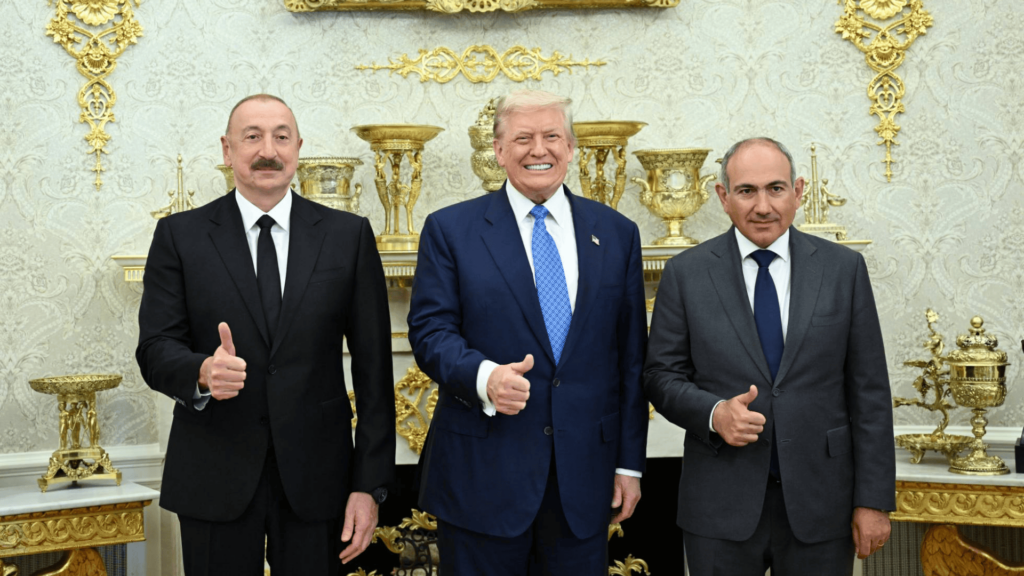
Sergei Lavrov, commenting on the Azerbaijan-Armenia agreement signed in Washington, said:
“It is the sovereign right of the two countries. All the enthusiastic reactions we heard in the first few days after the Washington meeting somehow gave way to scepticism once the document was published. As it turns out, not everything has been agreed. Russia will closely monitor the implementation of these arrangements. If they are not followed by real steps, the document will end up as little more than a media stunt.”
“Kremlin is betting on radicals in Armenia”
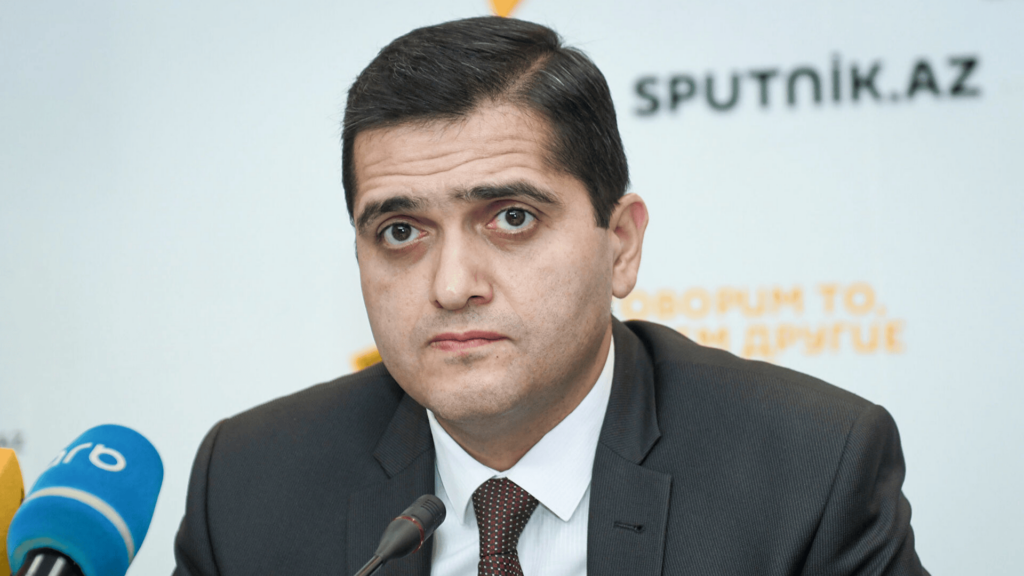
According to Elkhan Shahinoglu, Russian officials were initially cautious and avoided open criticism.
He believes this was because of the planned meeting between Vladimir Putin and US president Donald Trump in Alaska:
“Russia’s president Vladimir Putin was preparing to meet Trump in Alaska at the invitation of his American counterpart. At that time it would have been inappropriate for the Kremlin and its allies to speak out against the 8 August agreement, as that would have undermined Trump’s efforts.
A month has now passed since the Washington agreement was signed, and over time Russian officials have begun making statements against the deal reached by the leaders of Azerbaijan and Armenia.
As always, the Kremlin put foreign minister Sergei Lavrov out front. While he called the Washington accords the sovereign right of the two countries, he added two caveats.
Lavrov’s statement shows that the Kremlin intends to obstruct the implementation of the Washington agreement. By ‘sceptical responses,’ the Russian minister was referring to Armenia’s radical opposition, which strongly criticised the deal. These are the forces the Kremlin is betting on.
Yerevan and Washington must act without delay. The construction of the Zangezur corridor and the signing of a peace treaty with Azerbaijan should be accelerated — otherwise any delay will play into the Kremlin’s hands.”
Context
On 8 August in Washington, with the mediation of US president Donald Trump, a deal was signed between Azerbaijan’s president Ilham Aliyev and Armenia’s prime minister Nikol Pashinyan. The agreement is seen as an important step towards resolving the decades-long conflict. It includes provisions on border delimitation and demarcation, the restoration of diplomatic relations, and the reopening of regional transport links, in particular the “Zangezur corridor.”
The accord is also viewed as a key stage on the road to a formal peace treaty. In the first days, both in Azerbaijan and Armenia, the deal was met with cautious optimism, but later, especially inside Armenia, radical protests against it began. Washington has described the agreement as a strategic achievement that could strengthen regional stability and weaken Russia’s influence.
Lavrov on the peace agreement










